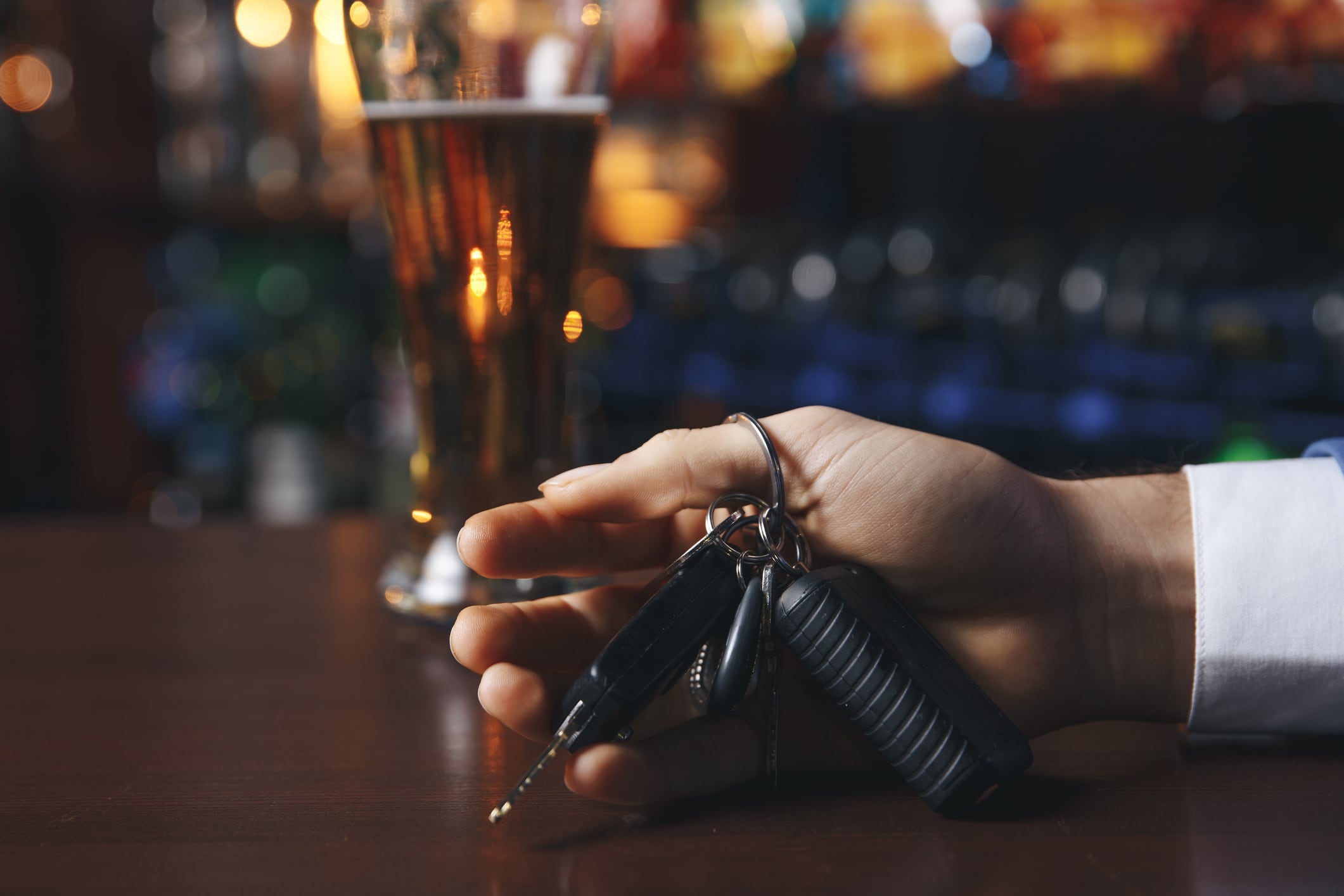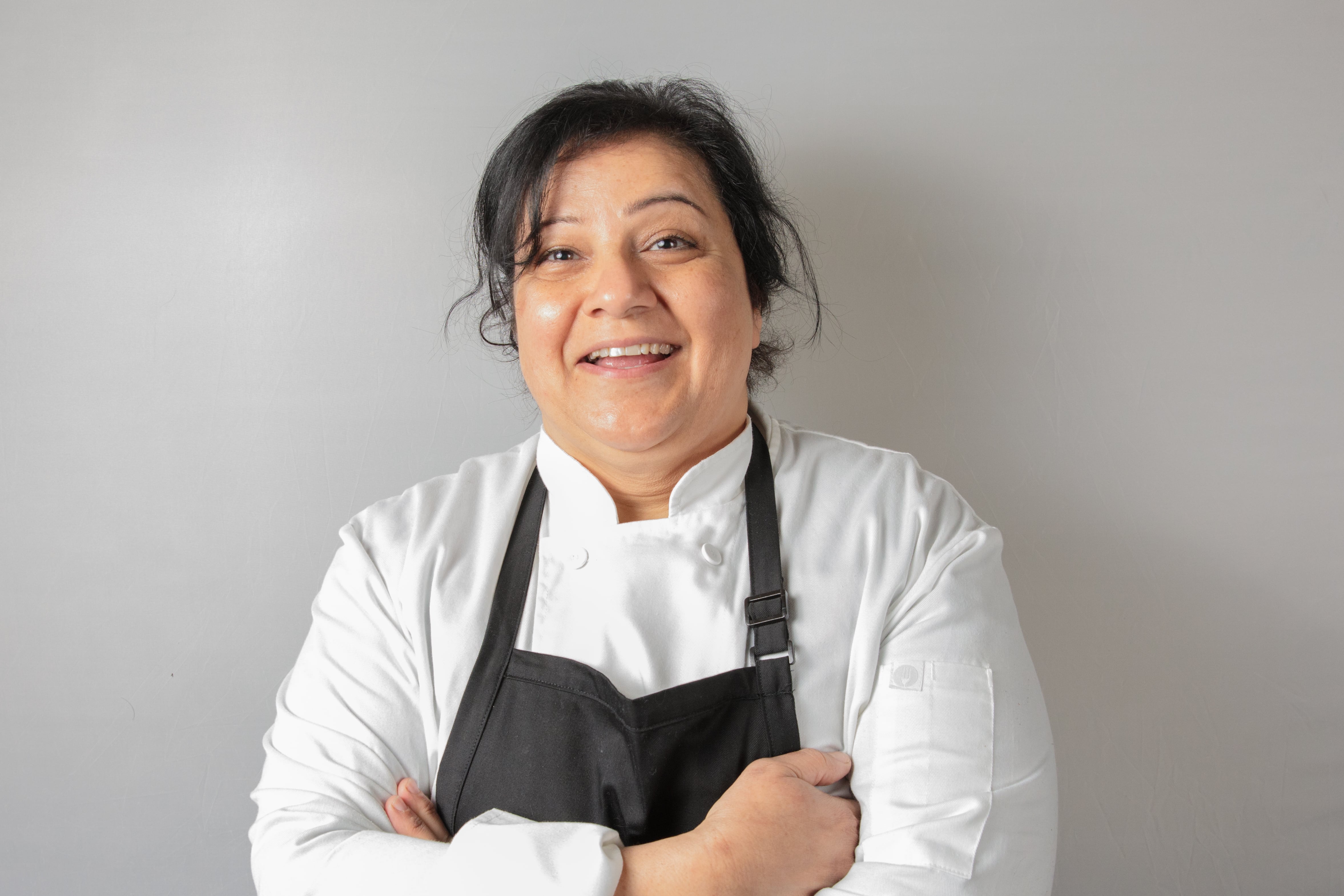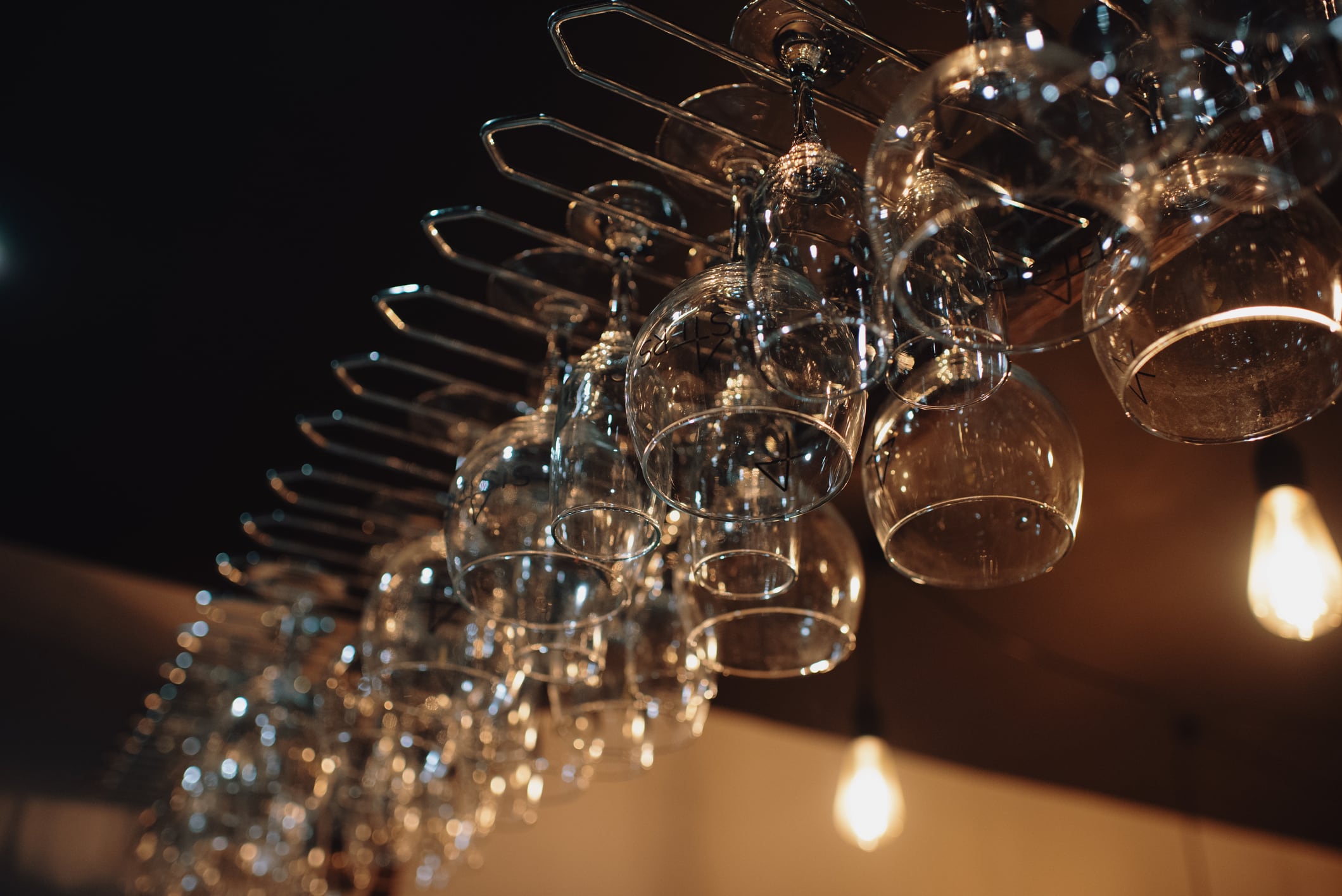Labour will soon be consulting on whether to cut the limit from 80mg of alcohol per 100ml of blood to 50mg, bringing it in line with Scotland and the EU.
AlcoSense said that this was “a welcome and overdue move”, although they would ideally like it to drop to the zero-tolerance level of just 20mg.
I had never heard of AlcoSense before. My first thought was that it must yet another neo-temperance lobby group funded by the Government.
In fact, it is a company that makes breathalysers. Its managing director, Hunter Abbott, said “only” 37% of drivers are breathalysed after a collision. He thinks the figure should be 100%. He also thinks there should be more random breath testing. It is not hard to see why.
This is an example of what economists call the “Bootleggers and Baptists”. During Prohibition in the USA, religious groups had ideological reasons for wanting to maintain the ban on alcohol, but so did the likes of Al Capone. Although their motives could not have been more different, both groups encouraged lawmakers to keep Prohibition in place.
Strange bedfellows
But moral busybodies and hard-nosed businessmen become strange bedfellows more often than you might think.
Ryanair boss Michael O’Leary occasionally pipes up to call for a two-drink limit in airports. This, he says, would make holiday-makers less unruly, but it would also have the beneficial effect - if you run an airline - of having thirstier passengers on board when the drinks trolley arrives.
During the minimum pricing debate, some of the Pubcos supported a floor price on alcohol because they thought - wrongly, as it turned out - that it would encourage more people to drink in their local.
Bootleggers use Baptist arguments because politicians are more sympathetic to those who claim to be acting in the public interest than to those who are blatantly pursuing private profit. But as with Prohibition, it is always the public who end up paying the price.
When it comes to drink-driving, the temperance lobby wants a 20mg limit because it is so low that it can deter people from drinking alcohol in the evening if they are driving the following morning.
It is not really a road safety policy at all. It is about making people drink less in general. Companies who make breathalysers don’t particularly care how much people drink overall, they just want them to use breathalysers more often.
No effect
It comes as no surprise that the “personal breathalysers” made by AlcoSense are “designed for the ‘morning after’ - helping people understand when they are truly clear of alcohol”.
The pub trade has a fight on its hands to keep England and Wales’ sensible drink-drive limit in place.
Fortunately, we have two solid, peer-reviewed studies showing that lowering the limit in Scotland had no effect on either the number of road accidents or the number of road fatalities.
We also know that drink-driving deaths have plummeted by 80% since the 1970s without any tinkering to the limit and that we have far fewer such deaths than the EU (per capita). Alas, evidence and common sense might not be enough.
AlcoSense say in their press release: “Opponents often point to Scotland, claiming that its 2014 change had no measurable impact on casualties. But a 2024 AlcoSense survey, marking the tenth anniversary of the law, found that 79% of Scots believed it has made roads safer”.
In other words, it doesn’t matter if a policy failed so long as people think it worked. So much for evidence-based policy!



